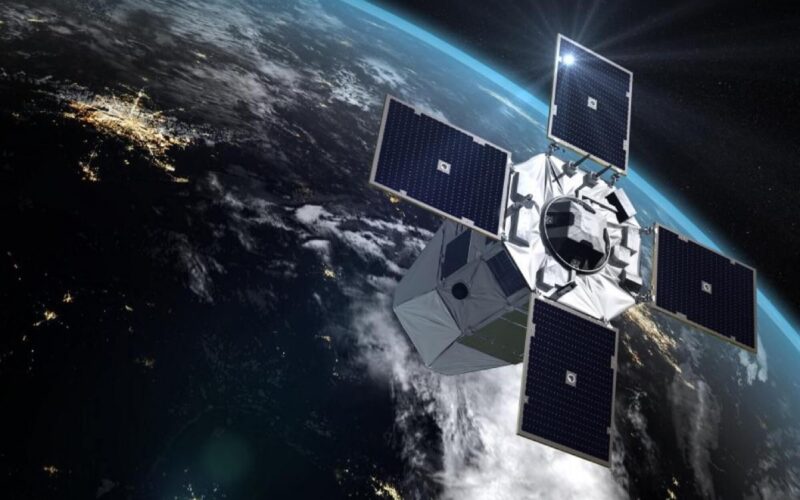France is the first to answer the call from the United Nations not to carry out testing of destructive direct-ascent anti-satellite missiles (ASAT).
The destruction of satellites has been known to create fields of debris capable of endangering other space infrastructure.
“France has never carried out such tests, which it considers destabilizing and irresponsible,” the French Ministry of Armed Forces said in a statement released on November 29, 2022. “They are the source of a lot of debris that can have serious consequences for space safety and security, in particular by compromising the integrity of satellites in orbit.”
On November 15, 2021, the crew of the International Space Station (ISS) was put on high alert after a Russian ASAT test created a field of orbital debris that could potentially have endangered the station. The test saw Russia destroy one of its own spacecraft, a 1-ton spy satellite called Kosmos-1408.
China and India tested similar weapons in 2007 and 2019, respectively. It was the United States, however, which was the first to employ such a technique.
On September 13, 1985, an F-15A fighter jet named Celestial Eagle took off from Vandenberg Air Force Base and destroyed a malfunctioning solar observation satellite using an ASM-135 ASAT missile.
An initiative from the United States
In April 2022, United States Vice President Kamala Harris, who is also head of the National Space Council, announced that the country would not carry out any further testing.
A resolution called “Destructive direct-ascent anti-satellite missile testing” was drafted by the United States and endorsed by the General Assembly of the United Nations on October 31, 2022.
It called “upon all States to commit not to conduct destructive direct-ascent anti-satellite missile tests” as they have “widespread and irreversible impacts on the outer space environment.”
In its latest pledge, France gave “all its support to this new standard of responsible behavior, and its universalization within the multilateral framework of the United Nations.”
Space, the next battlefield?
Even if the ban on ASAT missiles was to be widely adopted, satellites that are increasingly essential to military and civilian operations would not be completely safe. Other less destructive methods, such as space drones or blinding lasers, are being developed around the world to neutralize the space capabilities of adversaries.
In 2017, the Russian Luch satellite, also known as Olymp-K, was accused of spying on the Franco-Italian satellite Athena-Fidus, which provides high-speed and secure telecommunications services by satellite to the military forces and emergency services of both nations.
In July 2022, President of France Emmanuel Macron announced the creation of a space command within the French Air Force, which was re-established as the Air and Space Force. Among its missions, the French Space Command (CDE) monitors more than 10,000 space objects in orbit.
To counter threats to its space infrastructure, the CDE could acquire patrol satellites equipped with cameras and powerful lasers to keep overly curious spacecraft at bay. A demonstrator, called Yoda, should be launched by 2023.

